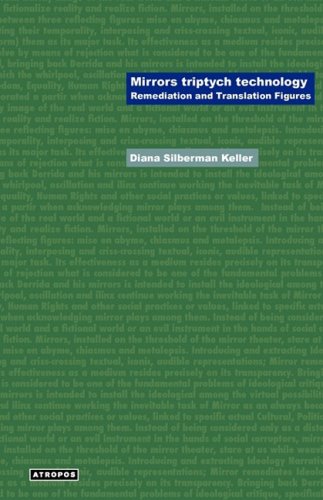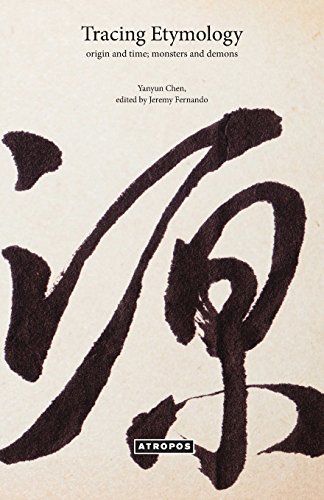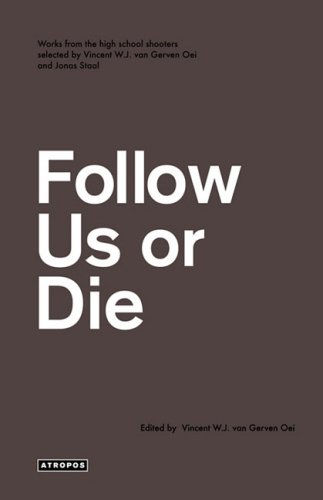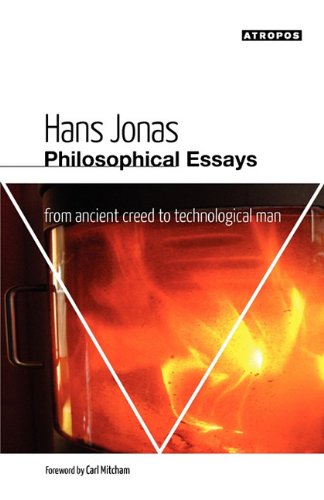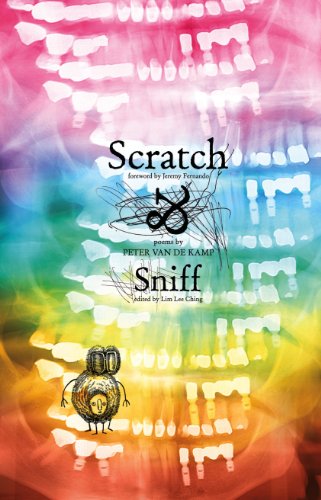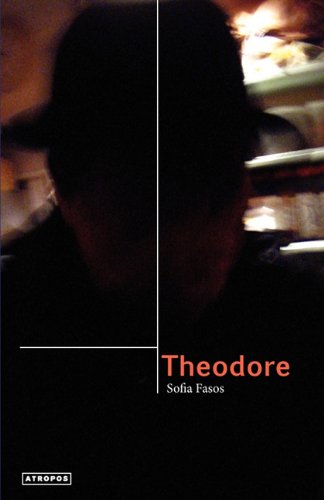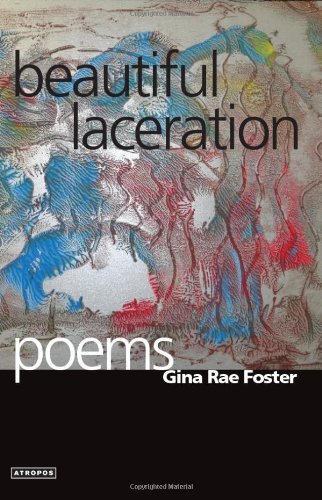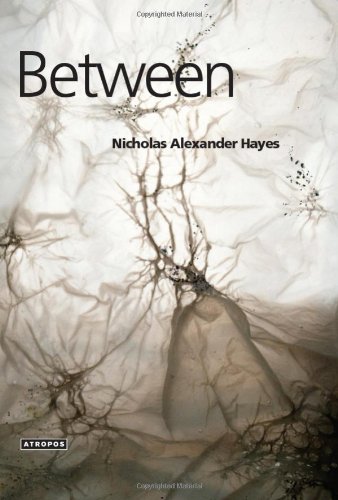Diana Silberman Keller (Author), Wolfgang Schirmacher (Editor)
Mirrors Triptych Technology: Remediation and Translation Figures
Paperback – 15 Jan 2009 | 200 pages | ISBN-10: 0981946224 | ISBN-13: 978-0981946221
Mirror’s figural imaginations have spread widely along the length of human history. A mirror’s triptych technology, composed of three mirrored figures, each of which has individually been suggested by different mirror figures in the past, appears as an innovative mirror figure in Magritte’s’ La Reproduction Interdite: The Portrait of Edward James. The description, explicative and implicative analysis of this finding has been the central preoccupation of this work. The mirror’s triptych technology includes chiasmus, the performance of criss-cross movements between opposing sides in a variety of directions; it adds a mirror that positions, en abyme, parts or entire reflections vis-à-vis each other; moreover, it incorporates a mirror that changes the directions of causality, time and directionality. Three mirrors, bearing the singularity of each in their unique way of creating plurality, generate infinite and uncountable pluralities as they generate a “singular” mirror. With the mirror’s triptych technology, the mirror of mimesis transforms its dance while endlessly playing, like interminable waves of water, with profundity; it interchanges directions, times and senses. Instead of repeating the verosimilarity of an imagined copy of reality, the mirror of mimesis acquires virtuality. Mise en abyme, metalepsis and chiasmus confound performance by adding a means for considering the undecidable. Mirror triptych technology then questions and destabilizes the traditional Mirror function and ads the possibility of envisaging it as a technology that instead of mimesis implies and promotes virtuality. Diana Silberman Keller research interests are on ideologies and education, post-structural critique, informal education, cultural studies, philosophy of the media and game studies. She has published numerous articles and books on informal pedagogy, ideology and education and textual and semiotic analysis of educational texts. The Hebrew University of Jerusalem (1992) and the European Graduates School (2007) have granted her Ph.D. titles. On 2008 she has been nominated associate professor at Beit Berl College, Israel by the Council of higher Education in this country and currently develops academic programs and research on New Media, Games Studies and Informal Education.

